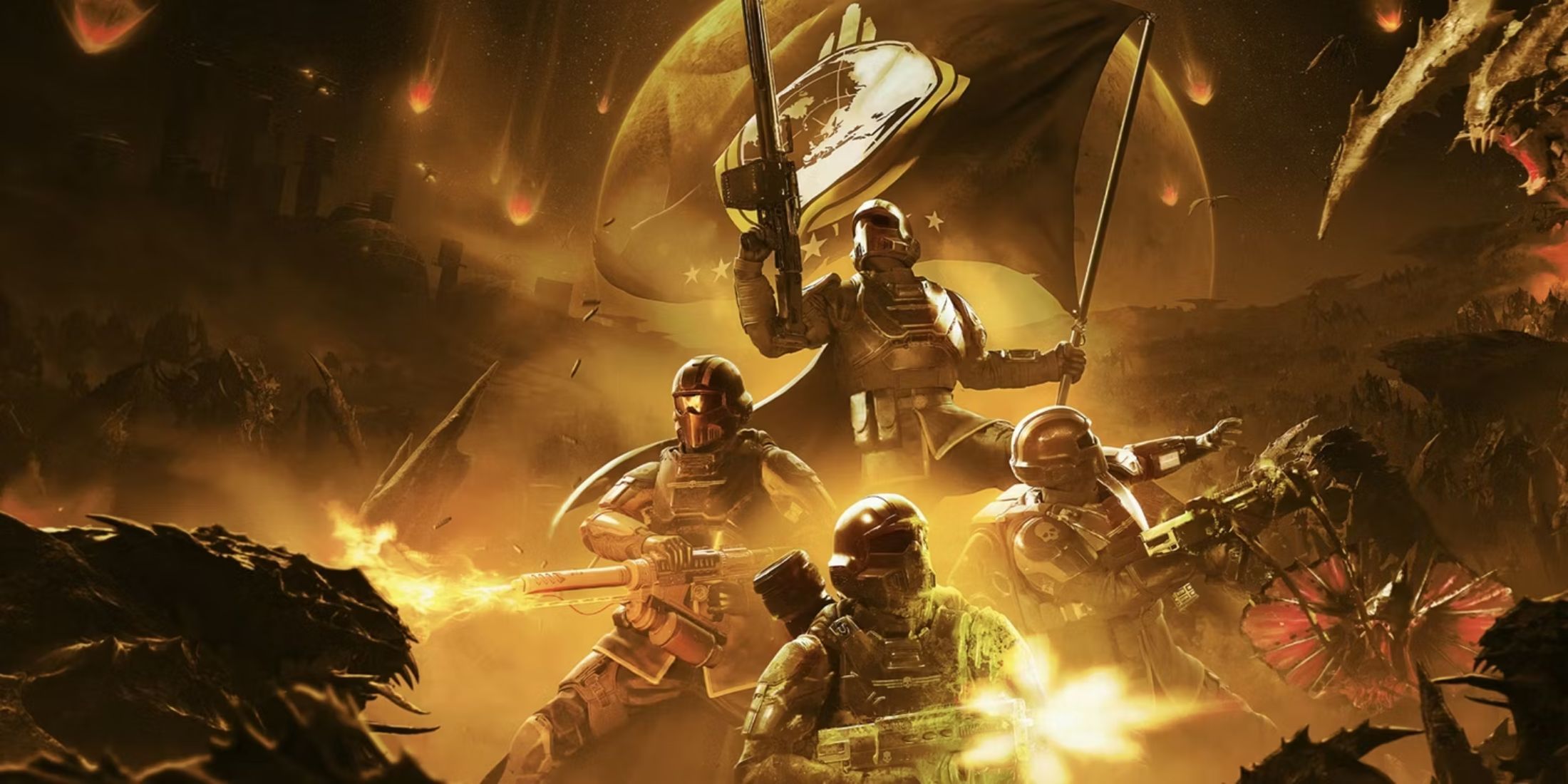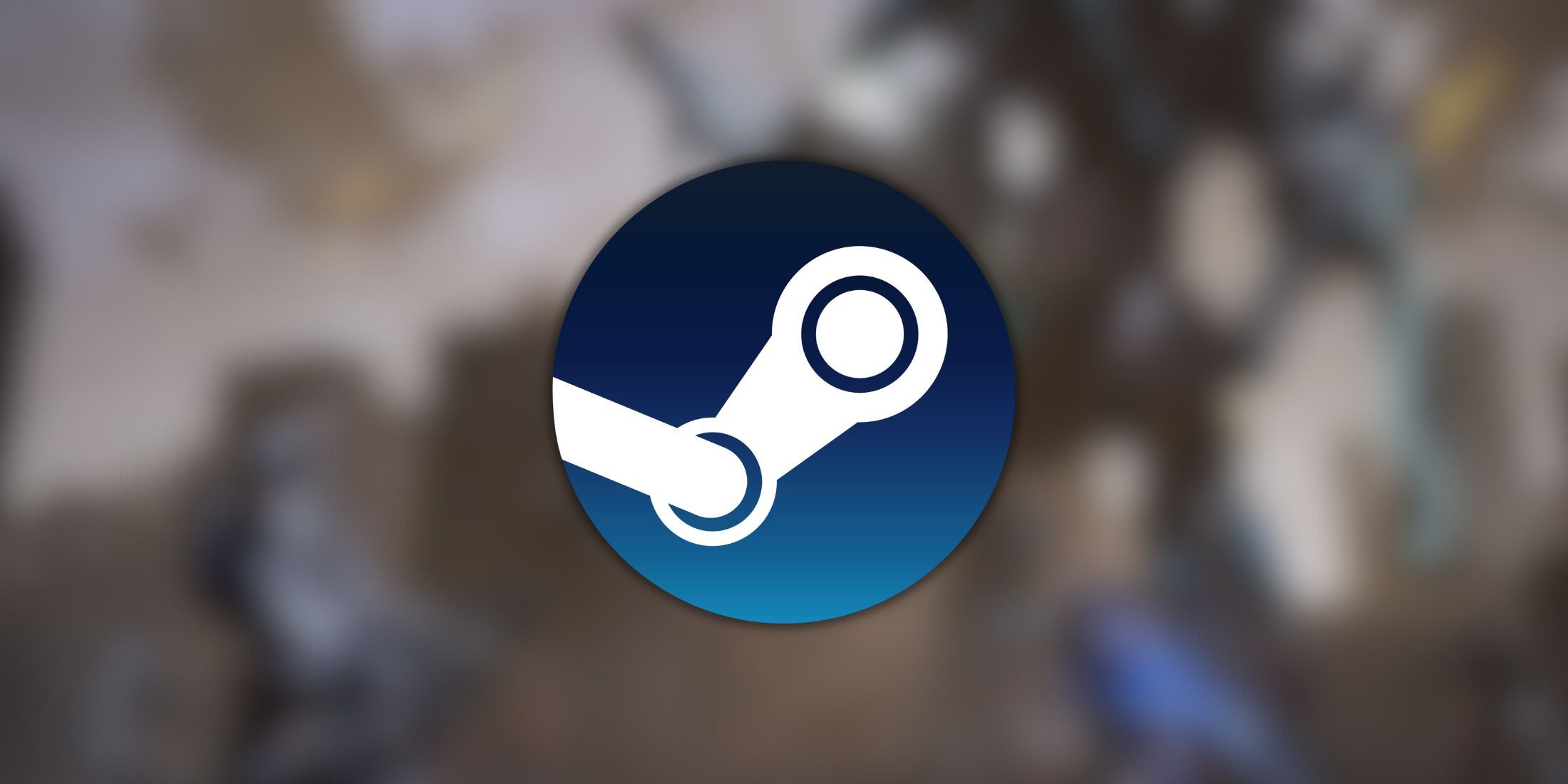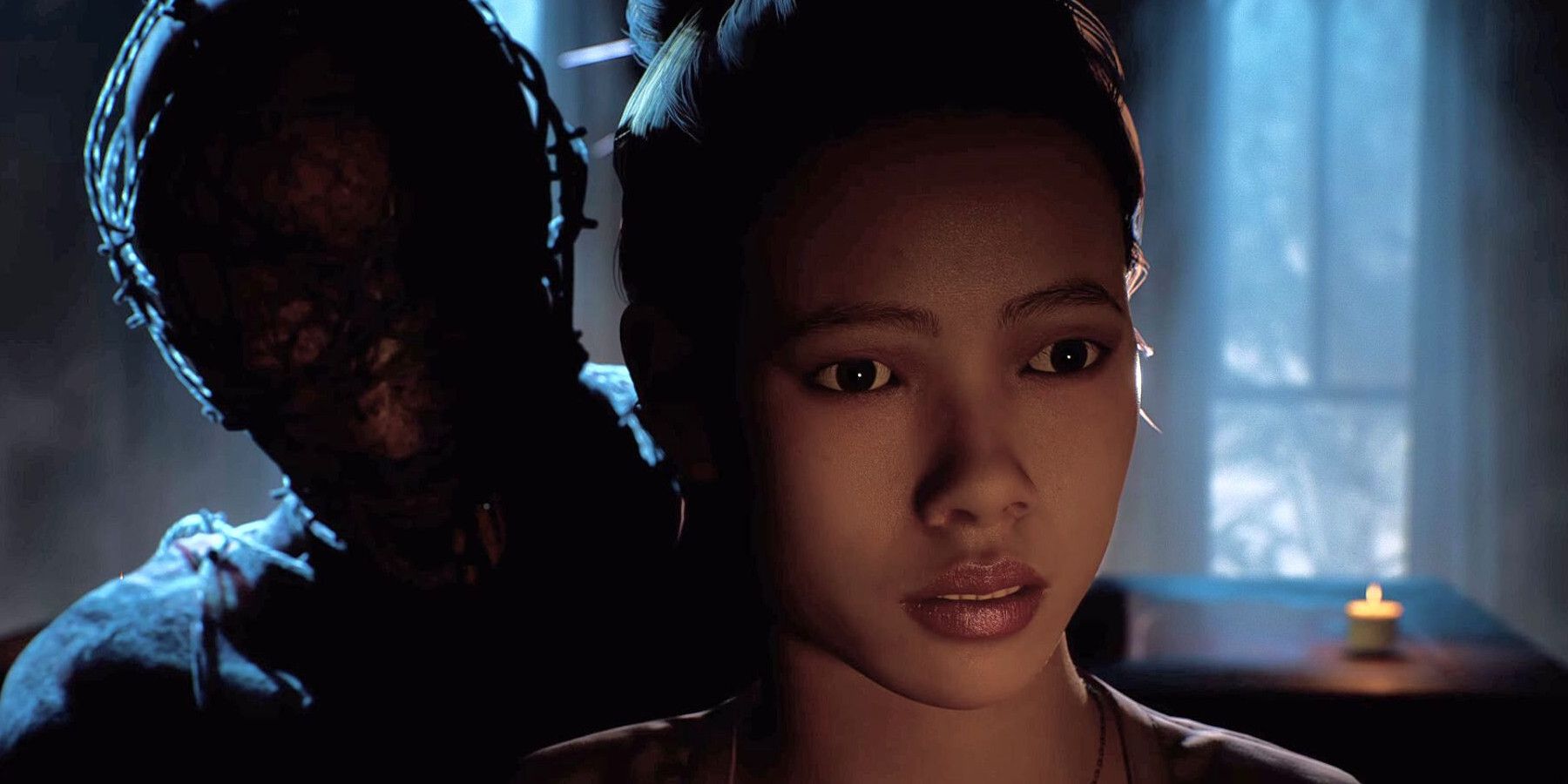Highlights
- Genvid CEO Jacob Navok denied allegations of AI involvement in writing Silent Hill: Ascension, stating that every word was written by real people.
- Previous controversies surrounding the series focused on its monetization practices rather than the writing.
- Critics remain skeptical of Navok's denial, given his previous comments expressing interest in experimenting with AI-generated characters and scripts.
Genvid CEO Jacob Navok has gone on Twitter to strenuously deny allegations that the company's interactive streaming series Silent Hill: Ascension has been written by AI software. The recent AI writing accusations are part of the latest wave of negative fan responses to Silent Hill: Ascension, with previous controversies having been focused on monetization practices.
The Silent Hill: Ascension series debuted at the end of October to a broadly negative critical and audience reception, with criticism being directed primarily at various aspects of the series' monetization: the vast quantity of microtransactions, the tonally inconsistent cosmetics being sold, the perceived "pay to win" aspect of making viewers pay to influence story decisions, and more. Recent criticisms have been more focused on the series' writing, with some fans suggesting that the dialogue may have been generated by AI. Twitter user VoidBurger repeatedly accused developer Genvid of using AI to write Ascension in a series of tweets that have since gone viral, asserting that "the blandness in the writing is uniquely robotic feeling."
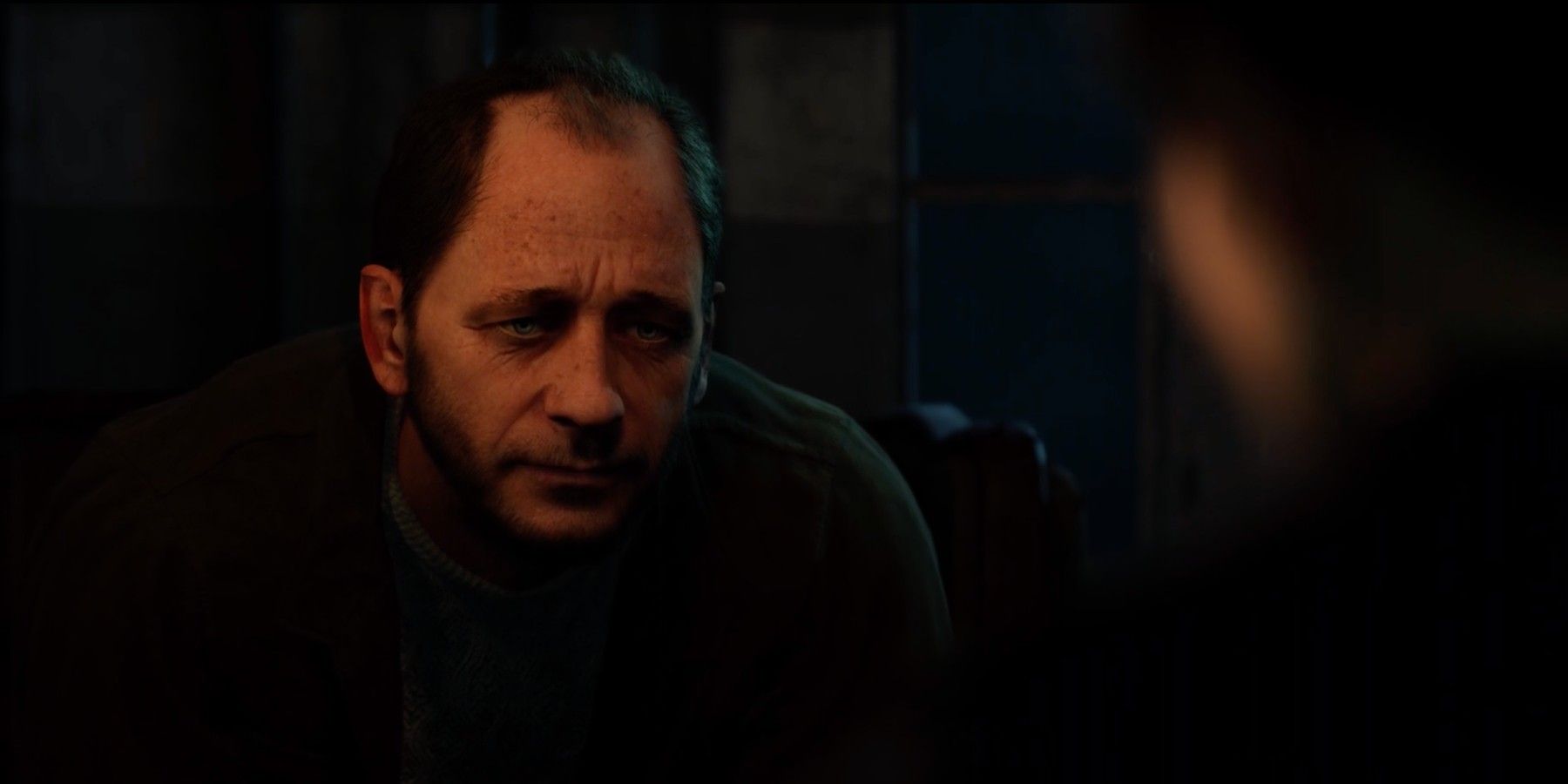
Why Silent Hill: Ascension's Community Choice Model Hurts More Than Its Fan Reception
Silent Hill: Ascension has already received flak for its monetization, but its community choice model as a whole suffers from other issues.
Genvid CEO Jacob Navok responded directly to these accusations on his own Twitter account, explicitly denying that AI had been involved in the creation of Silent Hill: Ascension. Navok stated that "every word in Ascension was written by real people," and that nothing in the series was authored by LLMs (large learning models) or AI. This unambiguous denial makes for a stronger response than those offered by other companies facing similar accusations, such as the developers accused of using AI voiceover in the new Naruto x Boruto fighting game, but it has not been enough to dismiss fans' concerns.
Following Navok's response, many Twitter users cast doubt on his claims, pointing out previous comments the CEO had made regarding Genvid's intention to experiment with AI-generated characters and scripts in its upcoming projects. Navok posted a further statement to clarify this matter, admitting that Genvid had run tests and experimented with AI in recent years, but claiming that these tests had been unsuccessful and "none of that work ended up being used on this or other projects." Navok further claimed that his company's experiments with AI have made him skeptical about its usefulness, stating that "I think AI is a long way away from doing creative work." This statement echoes comments from prominent actors who have criticized AI voice generation, and also aligns closely with the growing anti-AI sentiment in the games industry more broadly.
Navok's response to the AI accusations surrounding Ascension is unequivocal in its denial, but not all critics will be content to take the CEO at his word. The vitriol directed at Genvid over this controversy is reminiscent of the outrage directed at The Finals over AI voice lines in that game, but Navok may at least earn back some goodwill for his wholehearted rejection of the notion of AI in his company's projects.
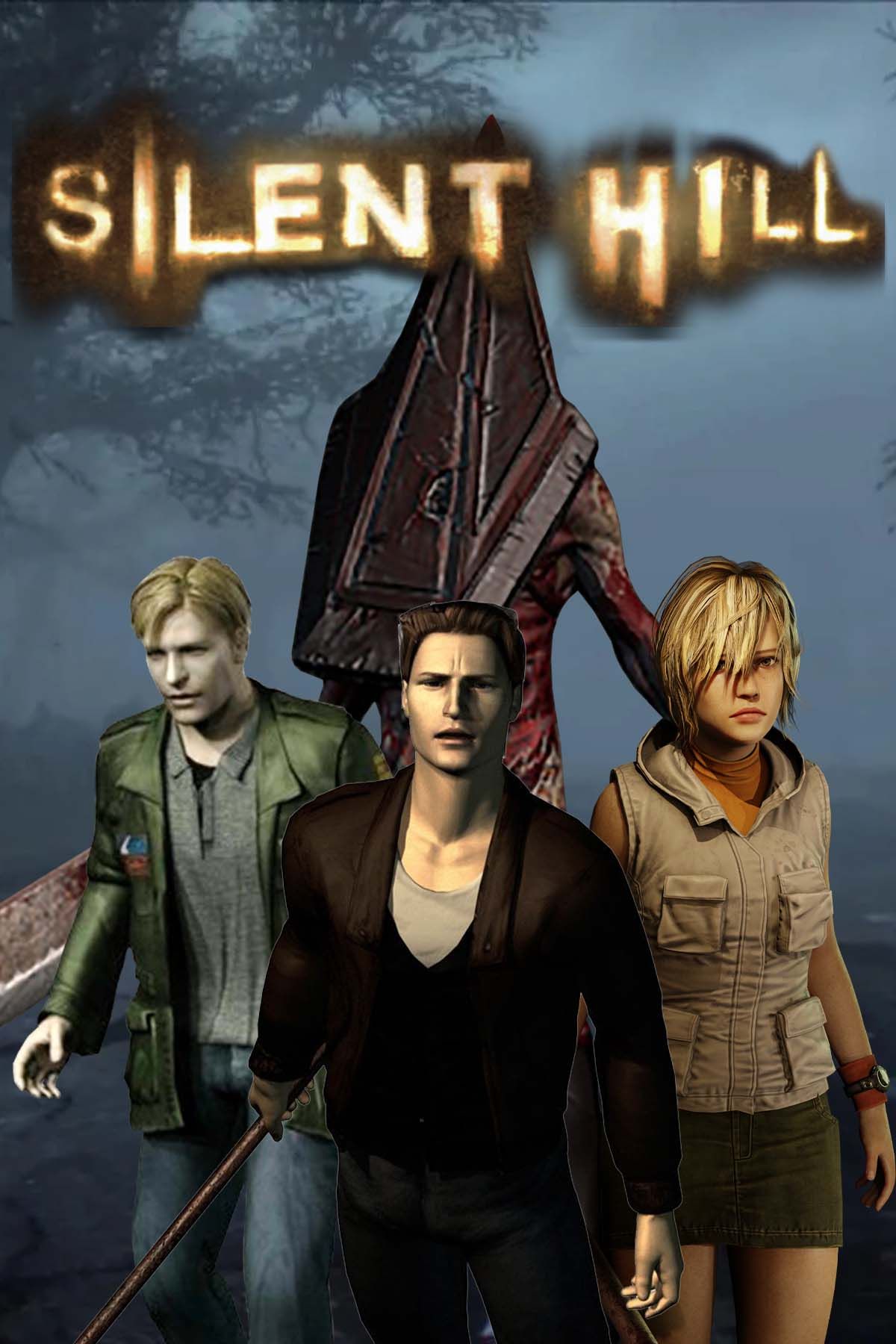
Silent Hill
Silent Hill is a series of survival horror games best known for its original trilogy. The first three games stood out with how atmospheric they were, along with their engrossing storylines that were often told through symbolism and metaphors.
Silent Hill 2 is set to be remade by Bloober Team, a game that could reignite the franchise.

